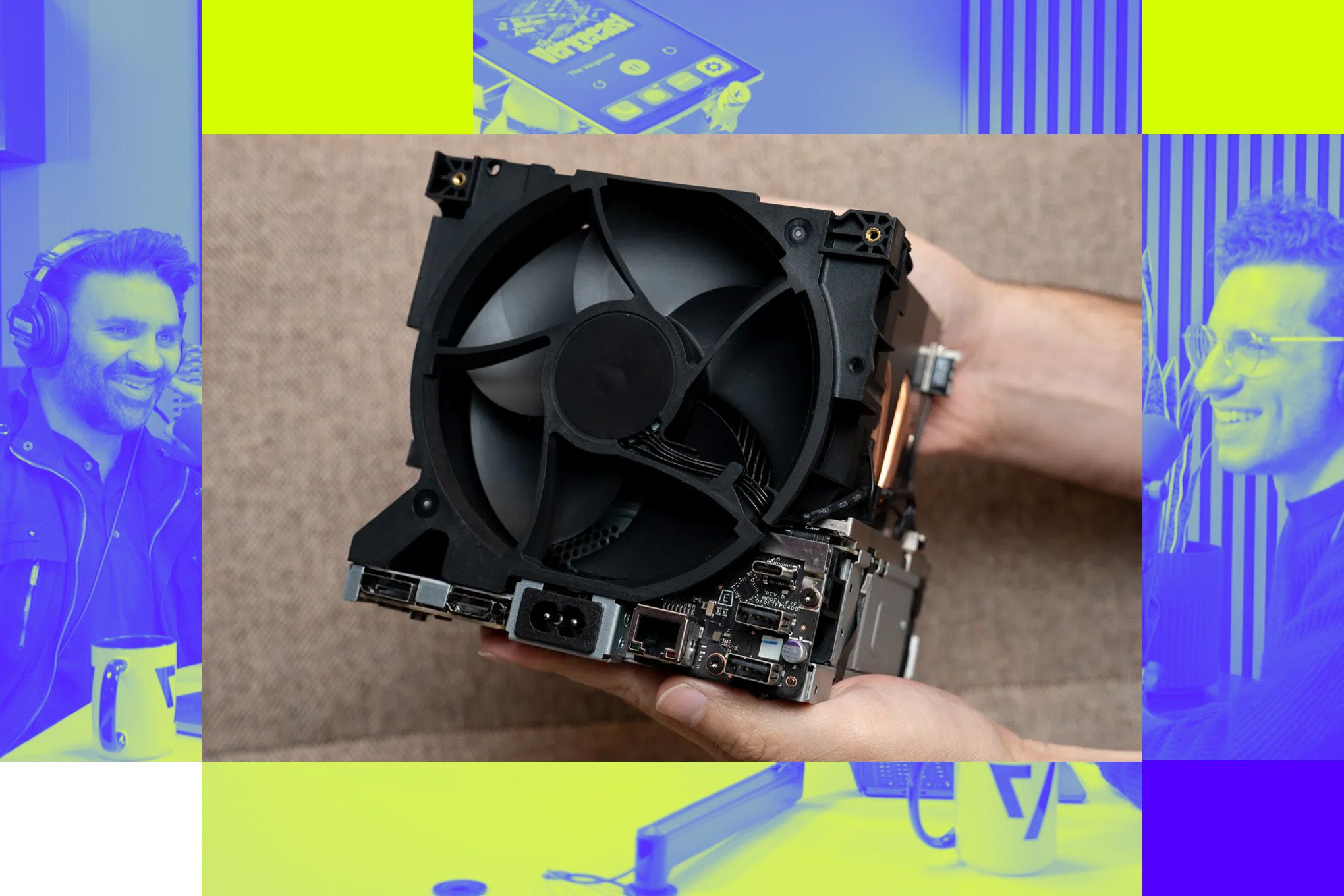The gaming industry just witnessed a fascinating role reversal. While Microsoft has spent years promising a future console that's as simple as Xbox but plays PC games and supports third-party stores, Valve quietly built exactly that device. The company's new Steam Machine delivers Microsoft's vision before Microsoft could - raising serious questions about Windows' future in gaming.
The irony is almost too perfect. For years, Microsoft executives have painted a compelling picture of gaming's future: imagine a console as plug-and-play simple as an Xbox, but with access to the vast PC game library and support for competing stores like Steam and Epic. It sounds like a gamer's dream - and now Valve has built it.
The twist? Microsoft isn't the one shipping it. Valve's Steam Machine represents everything Microsoft promised, but running on Linux instead of Windows. That's not just a technical detail - it's a direct challenge to Microsoft's platform strategy and a sign that the gaming ecosystem might be ready to move beyond Windows entirely.
According to The Vergecast discussion, this represents more than just hardware competition. It reflects growing consumer dissatisfaction with Windows, particularly Microsoft's aggressive push into AI features that many users simply don't want. When a major hardware manufacturer can successfully ship a gaming device that bypasses Windows completely, it signals a fundamental shift in the market.
The original Steam Machine concept failed in 2015 largely because the game compatibility wasn't there - too many titles required Windows to run properly. But Valve's Proton compatibility layer has changed that equation dramatically. Modern Steam Machines can run the vast majority of popular games without Windows, removing the biggest barrier to adoption.
This puts Microsoft in an awkward position. The company has been vocal about its vision for a more open gaming ecosystem, even going so far as to suggest future Xbox consoles might support competing stores. But while Microsoft talks about this future, Valve is shipping it today. The Steam Machine offers the console simplicity Microsoft promises, the PC game library Microsoft highlights, and the third-party store support Microsoft claims to want - just without Microsoft's operating system.
The competitive implications extend beyond gaming hardware. If consumers can get a better gaming experience on Linux than Windows, what does that mean for Microsoft's broader platform strategy? Windows has long been sticky partly because of gaming compatibility. Remove that advantage, and suddenly the door opens for alternatives in other computing categories too.












